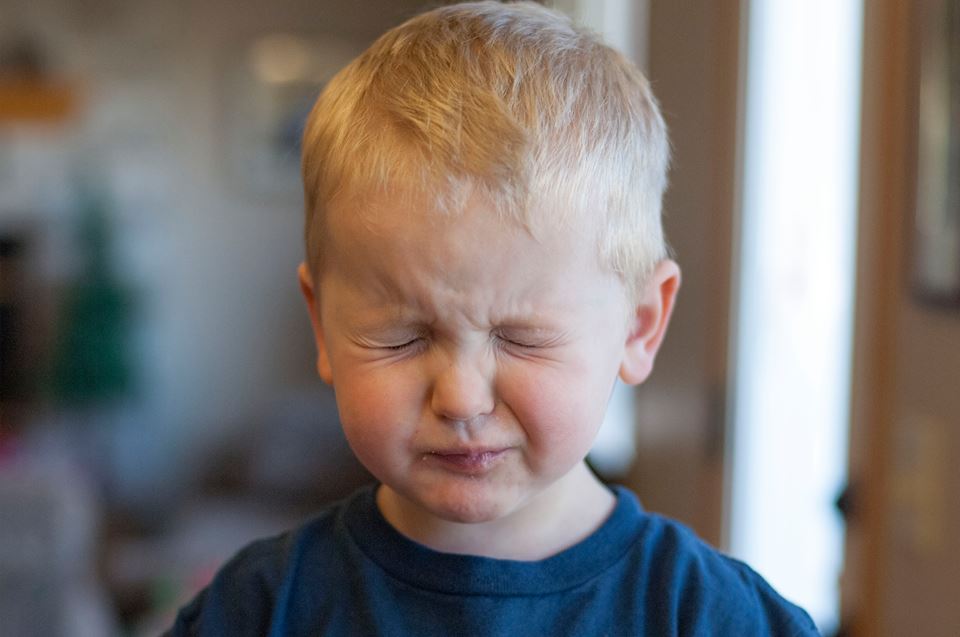Yesterday was rough in all the best ways. I had three friends who contacted me to talk about frustrating situations they were involved in with foster kids and families in crisis. A friend whose voice I haven’t heard in over a year called and just started the conversation by yelling, “I’m in foster care hell, Maralee!” I love her. I love all these women who are so passionate and are committed to doing the right thing even when it’s hard. Even when the cost can be high. I’m incredibly thankful that these children have advocates like that in their corner.
That night I talked through those interactions with my husband (in vague terms) while we were putting dinner together. I was explaining to him a situation with an older child who had experienced about the worst kind of abuse and abandonment that could happen to someone. I was telling him she had developed coping skills which had served her well in the past, but were socially unacceptable and were making it hard for her to find a forever family. My fifth grade son happened to be in and out of the room during this conversation and when I mentioned that she was having a hard time finding an adoptive home, he just said, “We’ll adopt her. She could come here.”
There are a thousand reasons why that’s not wise or even possible, but I love that THAT is my son’s immediate response to hearing about a child in crisis.
There are so many times I talk to families about getting involved in foster care and their main concern is what it’s going to do to the kids already in their home. I try to explain to them that THIS is what it’s going to do. It’s going to broaden their understanding of the world. It’s going to make them put flesh to their faith. It’s going to help them think through difficult questions and develop empathy for those it’s easy to hate. It’s going to make them compassionate and thoughtful when other kids their age are self-centered and oblivious (not that my kids can’t be self-centered and oblivious too. . . ).
There are a thousand reasons it’s not wise or even possible for some families to do foster care. I don’t want anyone to step into this that isn’t equipped to do it. Guilt isn’t a good reason to start out on this journey. But if your hesitation is that this is going to impact your kids, let me assure you that it WILL, but it might be in different ways than you think.
I was a kid just like my fifth grade son. My family didn’t do foster care, but I had a sense my whole life that there were kids who needed me and I wanted to help them. Some of our kids are built like that. When I hear families talk about the reservations they have about foster care, I wonder if they’ve talked to their kids. I wonder if their kids know that some children don’t have a safe place to sleep tonight, don’t have someone tucking them in, don’t have help with homework, don’t have someone who would take them to the doctor if they needed it. When our kids become aware of those things, their answers are sometimes as simple as my son’s. They want to help. Even if we can’t be the families who do the work, we need to be the families that have the conversations so our kids are aware of the realities of life for other children like them. Then we have to deal with their honest responses and demands for action.
Seeing it through our child’s eyes can be convicting. Am I really trying to preserve their innocence by not exposing them to the problems in the world? Or is it that I don’t want to be uncomfortable by acknowledging that there are things we could do to help that we aren’t willing to do? If I want to raise world-changing kids, I have to let them experience a world that needs changing. It will be hard, but our kids are blessed with supportive parents who will walk them through it. Not every kid has that kind of chance at normalcy. I absolutely don’t want to traumatize my kids and protecting them from experiencing actual harm is a priority, but we’ve learned there are ways to let them be part of the solution without creating more problems.
I’m proud of the kids my children have become because of their exposure to foster care. I love that they have hearts that respond, “She can come here.” when they hear that someone needs a home, knowing what upheaval that could bring, knowing how that would change our “normal,” but also knowing that children need families. I’m excited about what kind of advocates this next generation will be if we’ve modeled putting faith in action in ways they can see.

